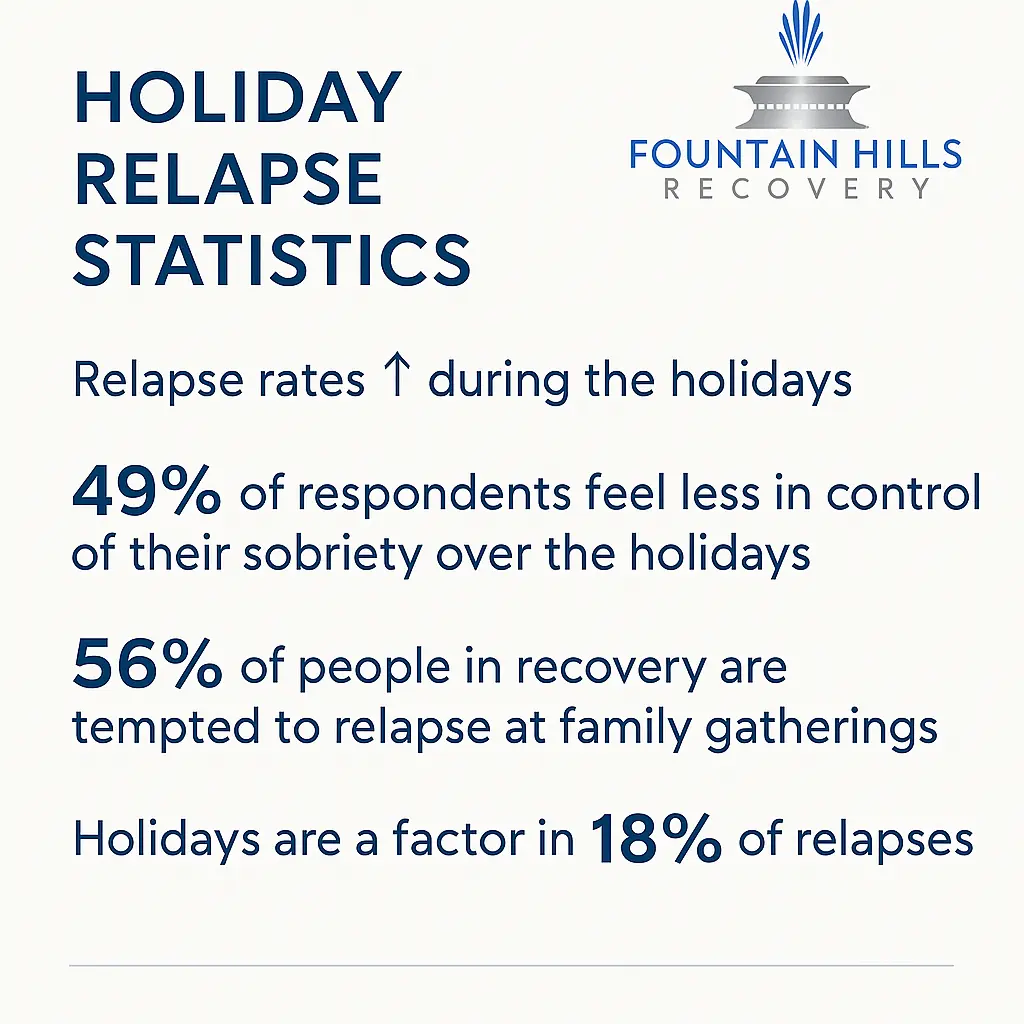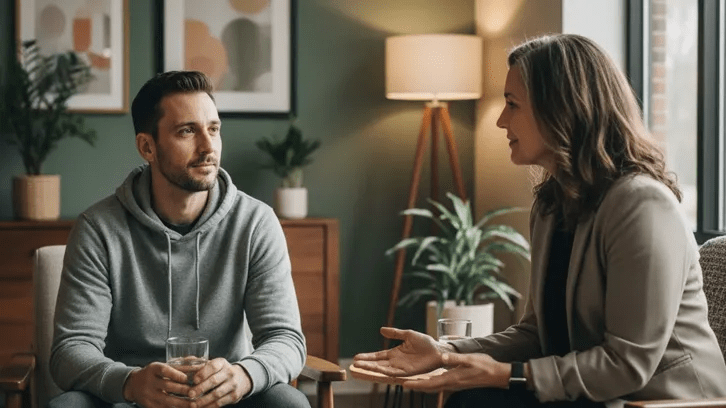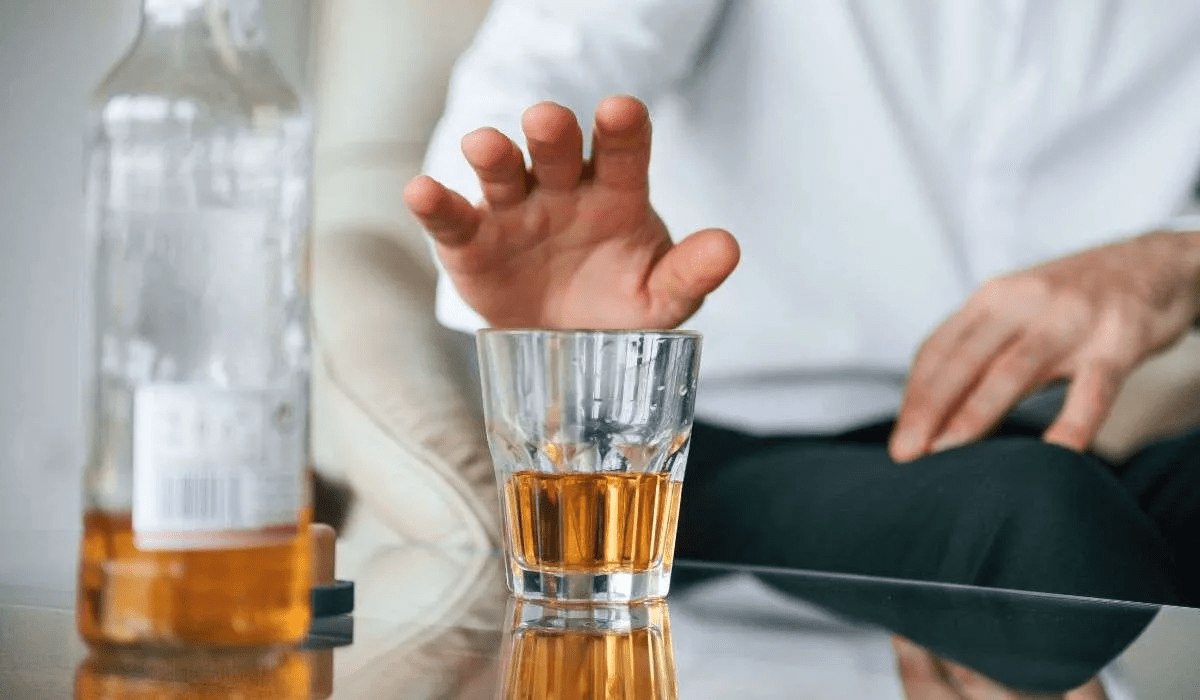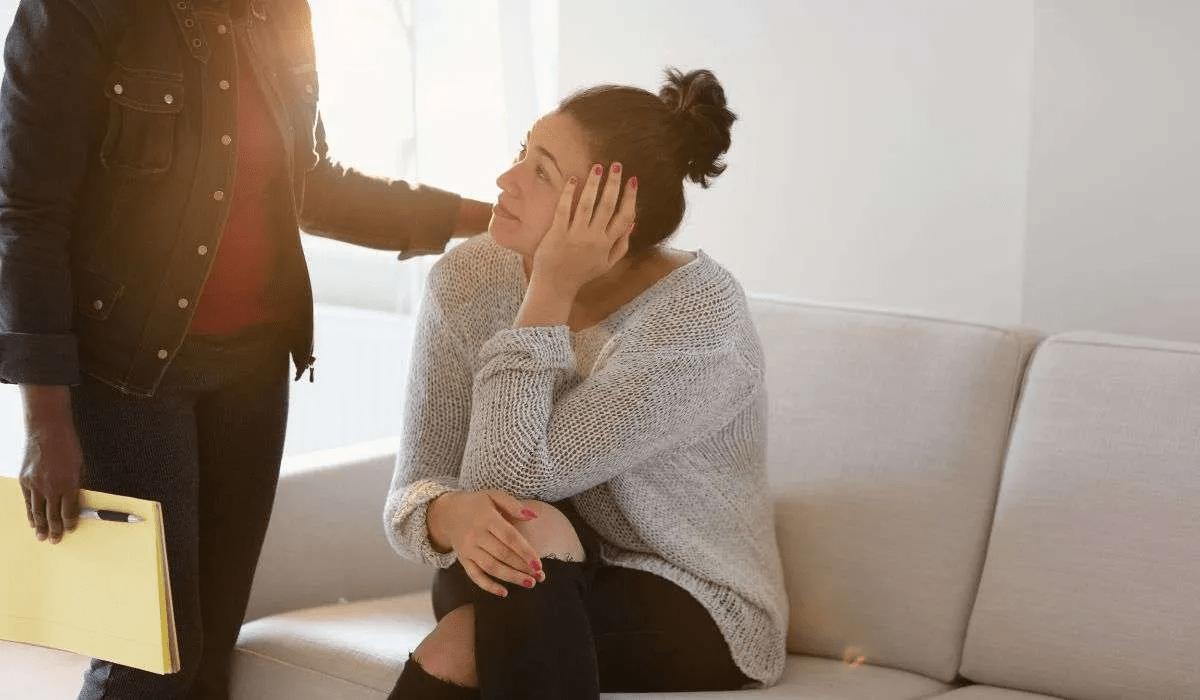When you love someone with a dual diagnosis—someone facing both addiction and mental health challenges—holidays aren’t always peaceful. Thanksgiving, especially, can magnify everything: the stress, the pressure, the fragile hope that maybe this year will be different.
You want to believe in them. You want to believe in recovery. But what if they relapse?
We’ve walked beside many partners who’ve asked that question with shaking hands and breaking hearts. At our dual diagnosis treatment center in Fountain Hills, AZ, we want to help you feel less alone, less responsible, and more grounded in what’s real.
This blog isn’t about judging your partner—or your choices. It’s about giving you the support, clarity, and compassion you deserve right now.
What if they relapse during Thanksgiving dinner?
If your partner relapses during a holiday event, it can feel like the floor drops out from under you. Maybe they start drinking again after months sober. Maybe they disappear for hours. Maybe their mood shifts so suddenly, you know something’s off.
First, breathe. This moment doesn’t define their entire recovery—and it doesn’t erase your efforts to build a safe, loving life.
Relapse is common in dual diagnosis treatment because both substance use and mental health need to be addressed together. Stress, grief, overstimulation, and unresolved family trauma—all of which are heightened during the holidays—can push someone toward old coping mechanisms.
If it happens:
- Prioritize safety (yours and theirs)
- De-escalate by staying calm (even if you’re hurting inside)
- Delay confrontation until you’re in private and emotionally steady
You don’t need to make a decision about your relationship in that moment. You just need to protect your peace and let the next right step emerge after the crisis calms.
Should I confront them in front of family?
No. Even when it feels unbearable, public confrontation rarely leads to clarity or connection. It often leads to defensiveness, denial, or shame that deepens the disconnect.
If you’re able, wait until you’re alone. Speak plainly, with emotional truth—not accusation.
Instead of:
“I can’t believe you’re doing this again.”
Try:
“I’m scared. It feels like I’m losing you again, and I don’t know how to handle it.”
That doesn’t mean hiding the truth from loved ones indefinitely. But in the moment, especially during a high-stress holiday, prioritizing private, calm communication can preserve dignity—for both of you.
Why are holidays such a high-risk time for relapse?
Thanksgiving surfaces everything: family dynamics, grief, childhood memories, financial stress, pressure to appear “fine.” For someone living with co-occurring disorders, that cocktail can be emotionally overwhelming.
Mental health symptoms like depression or anxiety often spike around the holidays. Add in the presence of alcohol, late nights, unstructured time, and high expectations—and relapse risk increases.
This isn’t about weakness. It’s about emotional overload, often without the coping skills or support system to handle it. That’s why specialized care from a dual diagnosis treatment center can be so crucial—it treats the full picture, not just the symptoms.

How do I support them without enabling?
Loving someone through relapse is complicated. You want to help—but not get pulled under.
A helpful frame: Support moves toward healing. Enabling protects the behavior.
Supporting might sound like:
- “I’m here if you want help getting back into treatment.”
- “I love you. And I need things to be different.”
Enabling might look like:
- Making excuses to their family or job
- Bailing them out financially or emotionally
- Pretending nothing happened
You’re allowed to have limits. You’re allowed to protect your heart. And you’re allowed to love them while still saying, “I can’t do this like before.”
Can relapse actually be part of recovery?
Yes. Not always—but often. For many people in dual diagnosis treatment, relapse is not the end—it’s part of the process.
It’s not about letting them “get away with it.” It’s about recognizing that healing is rarely linear.
A relapse can signal:
- Unmet mental health needs (like untreated depression)
- Environmental stressors or trauma triggers
- Gaps in support or treatment aftercare
At Fountain Hills Recovery, we help people re-engage with treatment after relapse—without shame. We focus on understanding what led to the slip, reinforcing resilience, and supporting families too.
What if I feel like I’m the only one going through this?
You are not alone.
It just feels that way—especially during the holidays when everyone else seems happy and whole.
But behind many smiling family photos is someone silently managing a partner’s drinking, worrying if a loved one will come home, or trying to keep the peace while their heart breaks.
Loving someone in active addiction is one of the loneliest jobs in the world. But there is support. There are people who understand. And there are paths forward that don’t require you to carry everything alone.
FAQs: Dual Diagnosis and Holiday Relapse
What is a dual diagnosis treatment center?
A dual diagnosis treatment center supports individuals dealing with both substance use and a co-occurring mental health disorder—like depression, anxiety, PTSD, or bipolar disorder. At Fountain Hills Recovery, we tailor care to treat both issues simultaneously, increasing the likelihood of long-term recovery.
Can I refer my partner to treatment, or do they have to call?
You can absolutely start the conversation. While we encourage direct contact from the person seeking treatment, we also support families and partners in exploring options. Our team is available to help you understand the process and prepare for what comes next—even if your loved one isn’t ready yet.
Is it common for people to relapse after treatment?
Yes. Especially when mental health challenges are untreated or under-managed. Relapse is not a sign that treatment “didn’t work”—it’s a sign that more support, structure, or insight may be needed. Our center specializes in helping people recommit to recovery after a setback.
What if they refuse help?
It’s heartbreaking when someone you love won’t accept help. You can’t force change—but you can create space for it. That might look like setting boundaries, seeking support for yourself, or gently planting seeds for future conversations. Our admissions team can also coach you through next steps based on your situation.
Does Fountain Hills Recovery offer family support?
Yes. We believe healing happens in connection. We offer family therapy, education, and ongoing support options to help partners and loved ones navigate recovery with clarity, compassion, and community.
📞 Still Holding On? We’re Holding Space for You.
If your loved one relapsed this Thanksgiving, you are not alone—and this is not the end of the story. Call us at (800) 715-2004 or visit our Dual Diagnosis Treatment Center in Fountain Hills, AZ to learn how we can support you and your partner, no matter where you’re starting from.





